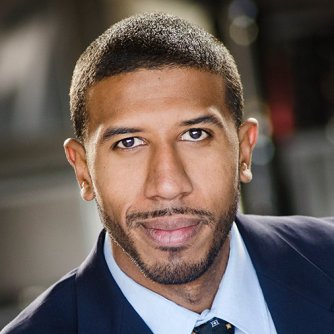
Colorado's office of the state archaeology has a saying: "You have to ask my opinion, but don't have to take it." That's because no law forces developers -- of private land -- to save, or even report, any cultural history their bulldozers may turn up. But Holly Norton, the new state archaeologist, still wants to encourage people to ask. She argues that integrating the past into future developments yields amazing results.
Holly Norton on misconceptions about preservation
"We have no laws that can force private property owners to do anything with their property that they don't want to do... If they're not aware of a historic feature on their property, or if they don't really recognize it's importance, then they might not choose to protect it... I would very much like to have some frank conversations about what does and doesn't exist in terms of regulations and how we can approach meaningful growth and development together as a community."
On Colorado's developers and growing population
"I think more often than not developers or other people have projects in mind. They have their own visions, and often their vision is about the future. And while their vision should and can include the past not everybody recognizes what aspects of the past are important. We don't even always agree on what aspects of the past are beautiful. I don't think that developers in Colorado are wantonly destructing our cultural resources. But I do think they don't always stop to think about maybe how they could incorporate them instead of getting them out of the way."
On why she became an archaeologist
"I've wanted to be an archaeologist since I was a little kid. Archaeology is really about people and it's about understanding people in the past, and even people today, through material culture... I'm interested in the coal mine workers, and the enslaved people in the southeast -- and miner, people who were farming in the depression and who lost everything or managed to make their farms last. I think those are the important stories to be told through archeology."
She spoke with Colorado Matters host Ryan Warner. Listen to the full interview above.








